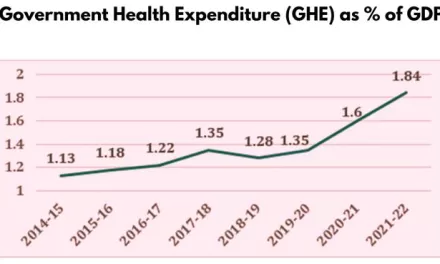In a landmark effort to combat the devastating effects of malnutrition enteropathy, a team of researchers led by Queen Mary University of London has uncovered evidence supporting novel treatment strategies that promise to significantly improve the outcomes of children suffering from severe acute malnutrition (SAM).
Published in Nature Communications, the Therapeutic Approaches to Malnutrition Enteropathy (TAME) study marks a pivotal advancement in addressing the long-term health consequences of malnutrition among vulnerable populations in Zambia and Zimbabwe. This multi-center, Phase II trial evaluated four interventions aimed at enhancing mucosal healing and reducing gut inflammation in children affected by malnutrition enteropathy, a condition with no currently available treatments.
Dr. Paul Kelly, Professor of Tropical Gastroenterology at Queen Mary University of London, emphasized the urgency of addressing SAM-related complications, particularly in the context of high mortality rates associated with the condition. The study’s findings offer a ray of hope by introducing a new treatment paradigm focused on restoring mucosal integrity in the gut, thereby mitigating the systemic inflammation and developmental impairments often observed in children with SAM.
The trial, involving 125 children hospitalized due to SAM complications, identified several promising interventions. GLP-2 agonists, such as teduglutide, emerged as a standout treatment option, demonstrating significant improvements in mucosal healing. Additionally, budesonide showcased potential by reducing the systemic inflammatory marker C-reactive protein (CRP), thereby lowering the risk of infant mortality.
Furthermore, the study highlighted the efficacy of bovine colostrum and N-acetyl glucosamine in reducing inflammation and enhancing mucosal regeneration, respectively. These interventions, while requiring further clinical validation, hold immense promise for alleviating the burdens of malnutrition enteropathy and improving the overall health outcomes of affected children.
Dr. Jess Boname, Acting Head of Population and Systems Medicine at the Medical Research Council, emphasized the significance of this research in combating childhood undernutrition, which remains a pervasive global health challenge. Despite progress in addressing obesity in some regions, undernutrition continues to claim the lives of millions of children annually, predominantly in low- and middle-income countries.
With nearly 17 million children, primarily in Africa, experiencing SAM each year, the imperative to develop effective treatments has never been more pressing. The TAME study not only sheds light on the prevalence and severity of malnutrition-related complications but also offers tangible pathways for intervention that could potentially save countless lives and foster lasting improvements in community health and well-being.
As the research progresses into Phase III clinical trials, the hope is that these groundbreaking findings will pave the way for transformative treatments that address the root causes of malnutrition enteropathy, ultimately contributing to a brighter and healthier future for children worldwide.











